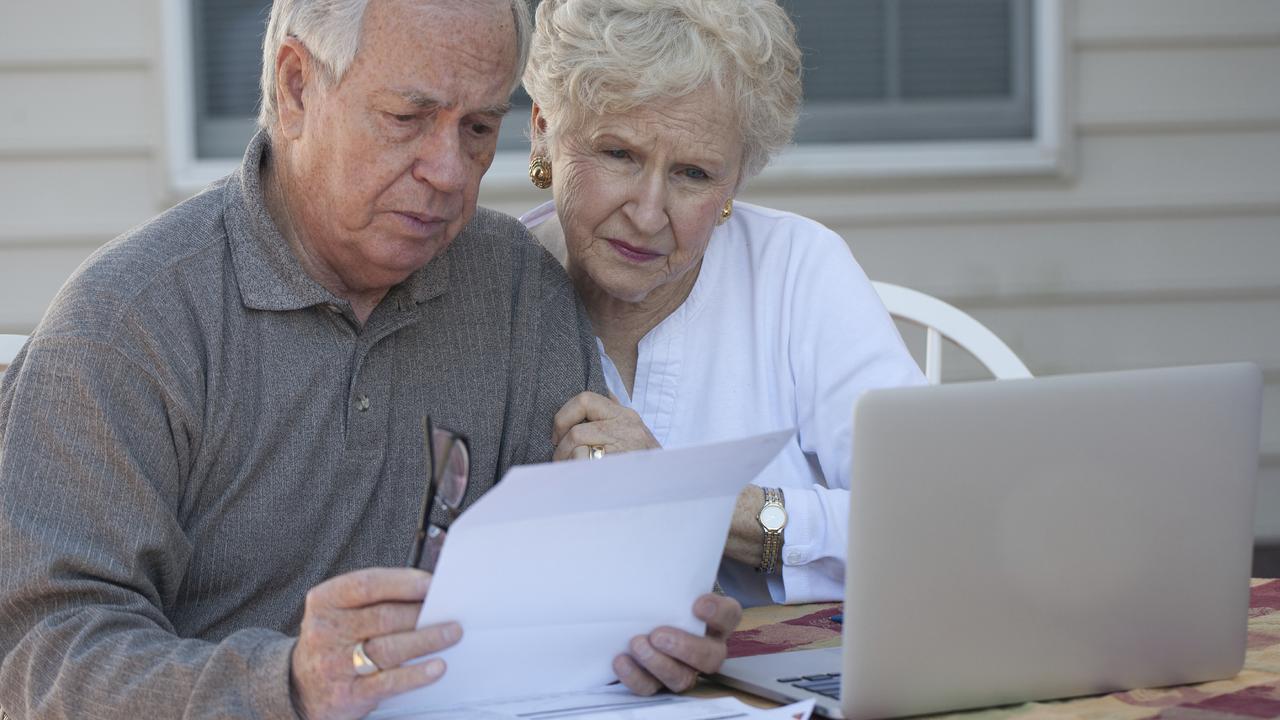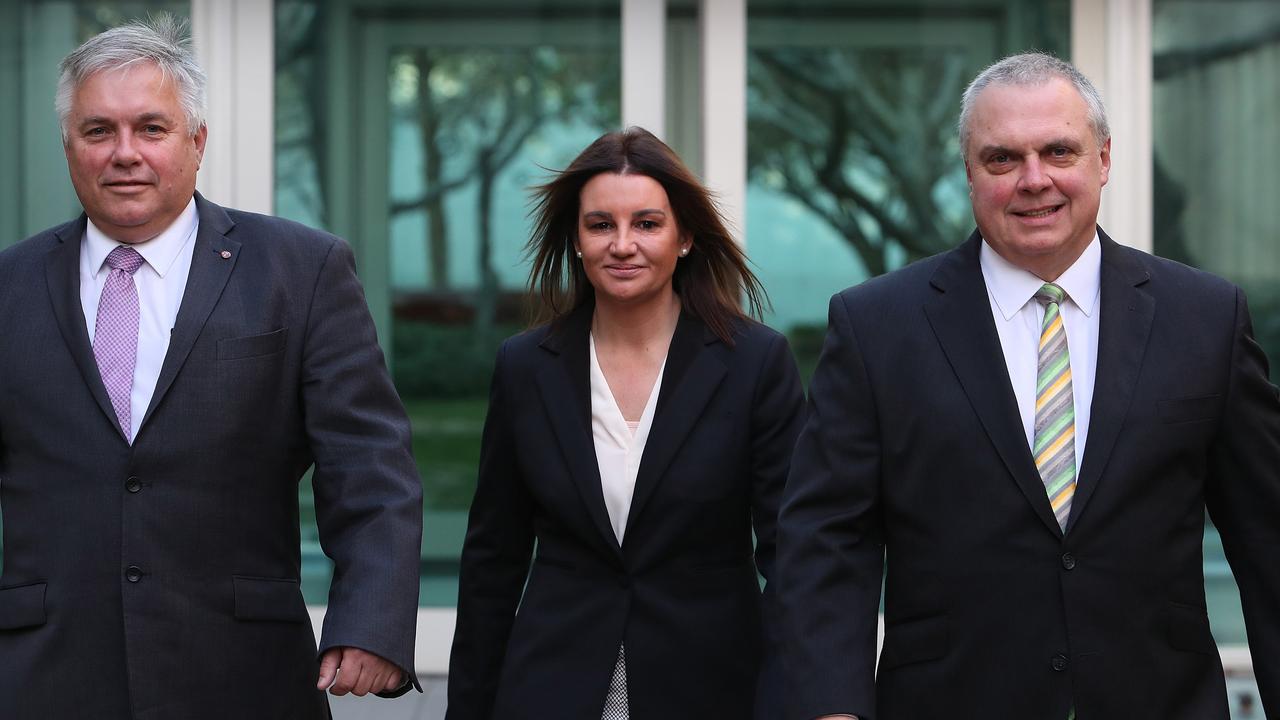Federal Labor to unveil plans for 100,000 Australian households to get storage battery rebates
Solar battery storage rebates for low and middle income Australian households will underpin a Labor government plan to cut power bills and reduce emissions, unveiled today.
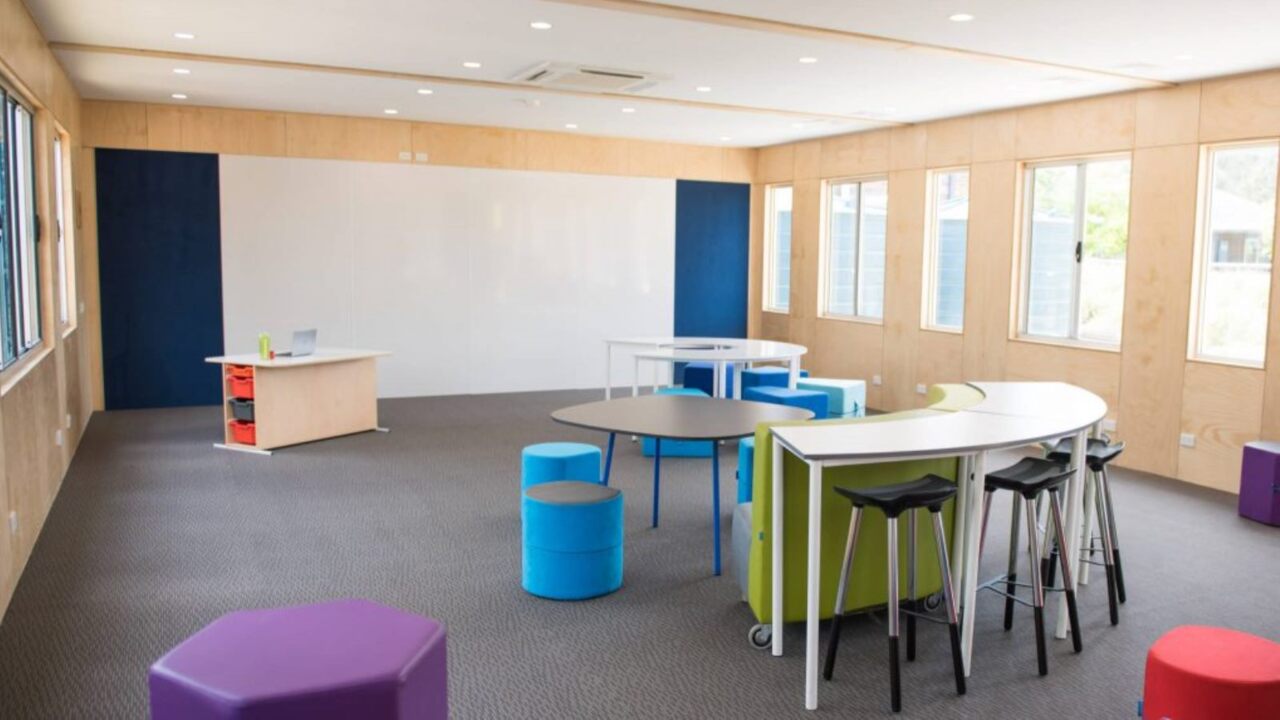
National
Don't miss out on the headlines from National. Followed categories will be added to My News.
- Huge mistake Australian energy customers make
- Third storage battery maker moving to Adelaide
- Householders urged to do homework on solar panels and batteries
- $100m battery scheme gets green light
- South Australia’s world-leading battery rebate scheme
Read below: Electricity prices face new heat
Solar battery storage rebates for low and middle income Australian households will underpin a federal Labor plan to cut rising power bills and reduce emissions.
Opposition Leader Bill Shorten on Thursday will also reveal he is prepared to revive the Coalition’s shelved National Energy Guarantee but with a higher emissions reduction target, and directly fund investment in renewable energy projects.
If elected, Labor will offer a $2000 rebate on the purchase and installation of battery systems for 100,000 households on incomes of less than $180,000 a year, from 2020.
It will also invest $100 million in low-cost loans for batteries through the Clean Energy Finance Corporation, so renters, pensioners and social housing residents can benefit from predicted savings of more than 60 per cent off their power bills.
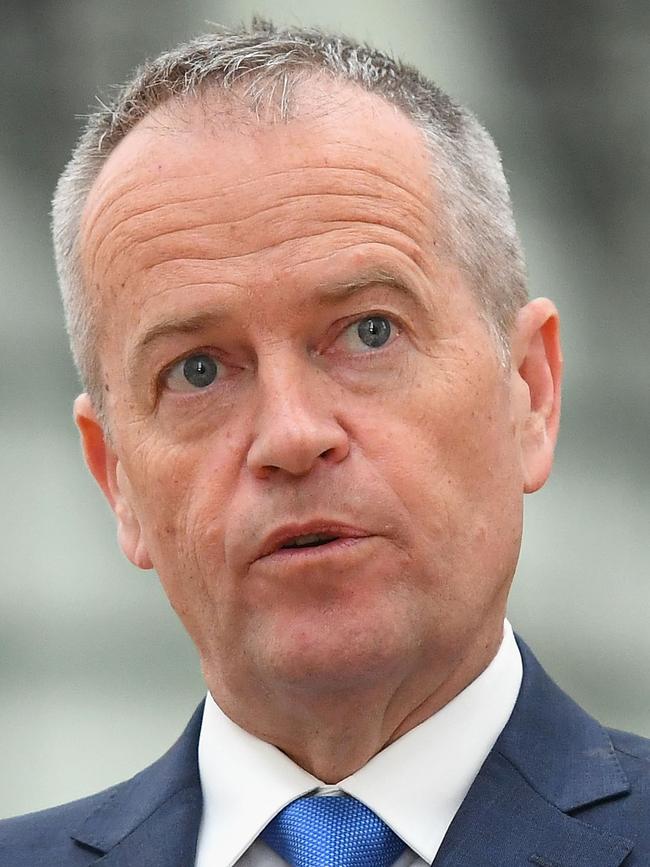
The proposed deal aims to have battery systems in one million households by 2025, and will complement established battery schemes at state and local government levels, including in SA.
It will slash almost a third off the cost of home battery systems, with Labor expecting the boost to help manufacturers increase production.
The rebates and loan programs are expected to cost $215.9 million over the forward estimates, according to figures from the Parliamentary Budget Office.
Mr Shorten said he wanted Australia to be a clean energy powerhouse and consumers to save hundreds, “potentially even thousands”, of dollars annually.
“This is the kind of meaningful relief we want to deliver for every Australian battling flat wages and a rising cost of living,” Mr Shorten said. “It will help deliver 50 per cent of power from renewables by 2030, keep power prices lower, and create thousands of jobs in the renewables industry.”
He will today tell a Bloomberg New Energy Finance event that a Labor government would “directly underwrite and invest in cleaner, cheaper power”.
“We will prioritise renewables and support firming technologies like storage and gas,” he will say.
“Labor will invest in new generation, in better transmission and distribution. We want a meaningful NEG that actually lowers prices, reduces pollution and boosts renewables.”
Labor will invest an additional $10 million each in the auditing and inspection of battery systems, and training to support workers in clean energy industries over four years to 2022-23.
Electricity prices face new heat
By Jade Gailberger
Electricity prices and supply will be at the centre of a new inquiry by the national consumer watchdog.
The ACCC will begin investigating retail and wholesale prices, profits and the effect of policy changes in the national electricity market from March 2019 to put pressure on all players in the supply chain.
The Federal Government in August announced it would be giving the watchdog new powers to put companies on notice, gather information, and make further recommendations on how to reduce prices for businesses and households.
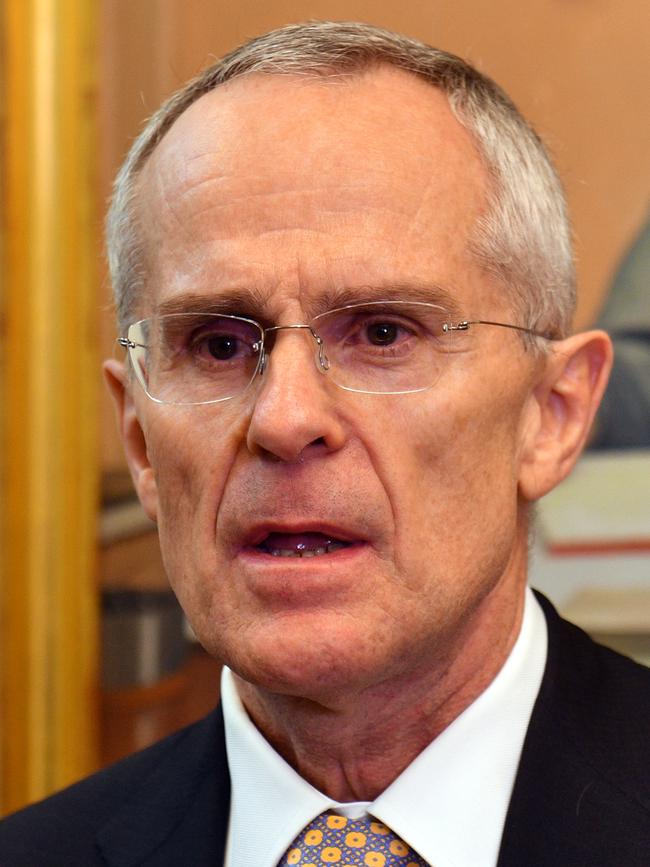
ACCC chair Rod Sims said its new long-term role would ensure the market behaved in a competitive way and passed on costs that were reasonable.
“The ACCC will also be monitoring whether the policy changes it recommended are helping to drive low prices to consumers,” Mr Sims said.
“If we find problems in the market that aren’t being fixed by existing policy tools, we will be making recommendations to government on what extra changes are needed.”
The watchdog yesterday released a discussion paper asking industry on the approach it should take to monitor electricity markets in South Australia, Queensland, NSW, Victoria, Tasmania, and the ACT.
Contract market liquidity, which has been deemed “particularly problematic” in SA, will be included in the inquiry, as well as market developments such as electricity generators, transmission network service providers and retailers in SA and other states.
Feedback will then be reported to Treasurer Josh Frydenberg in March. Its first analysis of the electricity market is expected in September with reports due every six months until 2025.
Originally published as Federal Labor to unveil plans for 100,000 Australian households to get storage battery rebates


